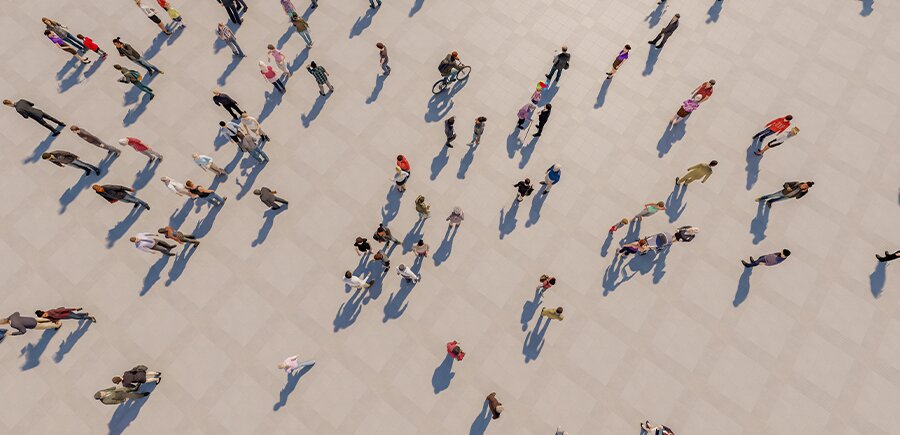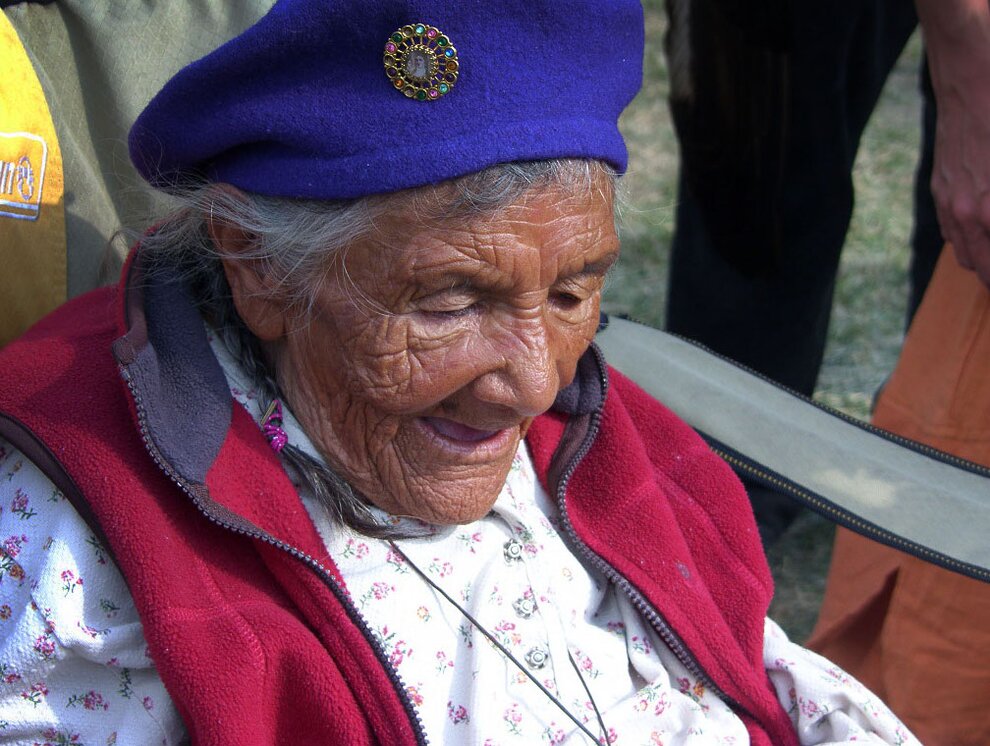Left-Wittgensteinianism
5 February | Seminar by Alice Crary and Sandra Laugier
Thursday
05
February
2026
6:00 pm
7:00 pm

Published at 24 July 2025






